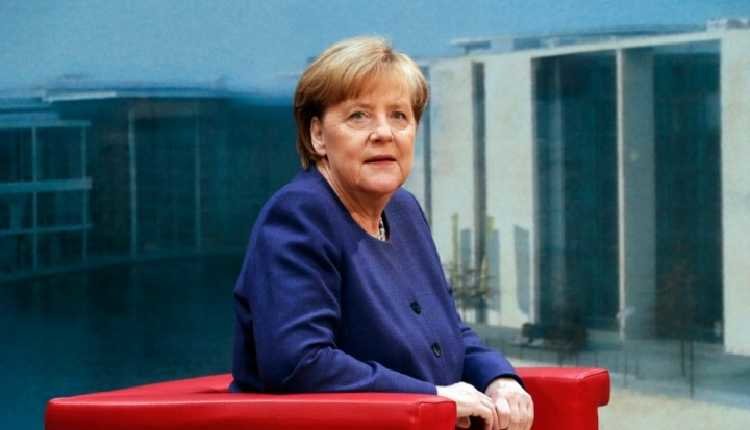Merkel vs. EU’s U.S. - independent payment system

Recent contradictory statements by the German Chancellor and German Foreign Minister on the Joint Comprehensive Plan of Action (JCPOA) over an independent payment system for Iran attracted the attention of many international experts and analysts.
As reported by Handensblatt, the German business newspaper, Foreign Minister Heiko Maas recently mentioned that Europe and the U.S. “have been drifting apart for years” and urged Europe to “assume our equal share of responsibility” in order to “form a counterweight when the U.S. crosses the line,” pull “our weight when America retreats … [and] start a new conversation.”
Among his bolder suggestions on how to do this, he came with the suggestion of an independent system of financial transactions that would protect European companies seeking to do business with Iran. It's to be noted that U.S. sanctions on our country would target any company that has commercial interests in Iran and that also works with U.S. banks and U.S. dollars.
Maas also defended the attempts to circumvent U.S. sanctions through a so-called blocking mechanism that would penalize European companies that comply with U.S. sanctions on Iran.
“It is therefore essential that we strengthen European autonomy by establishing payment channels independent of the U.S., a European monetary fund and an independent SWIFT system,” he wrote of the payment system that facilitates international banking transactions.
Right after her Foreign Minister statements, Merkel reacted to his words and said that Mass those were his “personal article,” rather than the government’s position. She also emphasized that security cooperation with the U.S. was an important element of trans-Atlantic relations.
“On the question of independent payment systems, we have some problems in our dealings with Iran, no question,” she said. “On the other hand, we know that on questions of terrorist financing, for example, SWIFT is very important.”
The disagreement raised between Merkel and her Foreign Minister is to a great extend resulted from the disagreement existing among Christian Democrats and Social Democrats regarding how to face with the international crises. Now Germany is rulled by a coalition government.
Angela Merkel is with the center-right Christian Democratic Union while Mass is with the center-left Social Democratic Party. The fact is that Angela Merkel and the members of the Christian Democratic Party have been more dependent on the United States and its governments than the Social Democrats.
Basically, one of the differences between Germany's two traditional parties is the same thing (their affiliation with the United States). For example, in the case of U.S.-German controversy over NATO's budget, the Social Democrats are in favor of resisting Trump, but Christian Democrats are compromising on reconciliation with the demands of the U.S. President. The immediate reaction of the German Chancellor to the statements made by her foreign minister is also to be analyzed in the same vein.
Merkel's recent position showed that there is still a strong controversy among parties and groups ruling the EU's member states over the creation of a "pseudo-swift" structure in the form of a U.S.-independent financial system (for maintaining the JCPOA). The same issue come forth with clear and definite guarantees for saving the nuclear deal. On the other hand, Angela Merkel seems to be undetermined about the JCPOA.
At the very early days of Donald Trump's withdrawal from the nuclear deal, Angela Merkel explicitly insisted that Germany does not intend to confront with the United States (as the Europe's ally) on the nuclear deal and its fate. In her recent remarks, the Chancellor of Germany once again referred to U.S.-European security cooperation (under the NATO structure).
The fact is that not only Angela Merkel, but also the French President Emmanuel Macron, and the UK Prime Minister Theresa May, have never regarded the JCPOA as an independent and legal variable! They have analyzed the nuclear deal as a political variable.
Merkel has also indirectly warned her foreign minister about considering the JCPOA as an independent variable, and insisted that such a viewpoint, and measures including the creation of a financial structure independent from the United States, will be against the interests of U.S.-EU security relations inside the NATO structure. Merkel's confusion suggests that she has not yet made her final decision on the nuclear deal and how to deal with it.
Leave a Comment